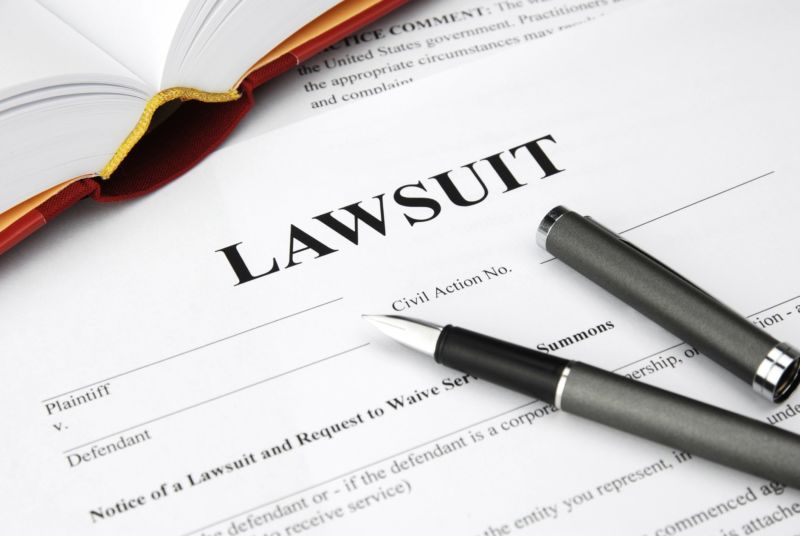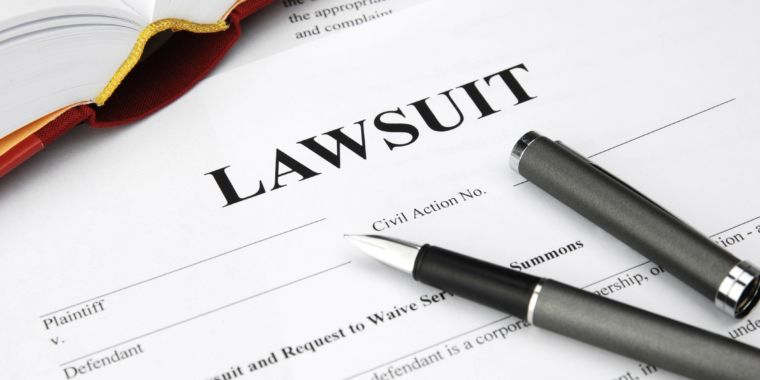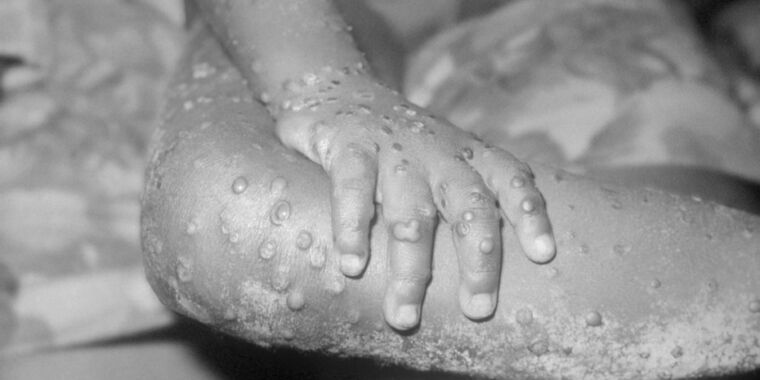
Elon Musk was sued by a Twitter investor who alleges that he broke the law in a scheme to drive down Twitter’s stock price.
The lawsuit was filed Wednesday against Musk and Twitter in US District Court for the Northern District of California. It recounts much of Musk’s behavior since he began investing in Twitter and since he agreed to buy the company for $44 billion.
The lawsuit noted that “Tesla’s stock is worth much less now than when Musk agreed to buy Twitter” as “Tesla’s shares have declined by over 37 percent since the announcement of the Buyout.” Musk, the CEO of Tesla, “pledged his Tesla stock as collateral for a $12.5 billion loan to finance the buyout of Twitter” and is thus “at risk of a margin call or a requirement to put up more cash,” it says.
“Musk quickly acted to attempt to mitigate these personal risks to himself by engaging in unlawful conduct that moved the price of Twitter’s stock down,” the complaint says. “Musk proceeded to make statements, send tweets, and engage in conduct designed to create doubt about the deal and drive Twitter’s stock down substantially in order to create leverage that Musk hoped to use to either back out of the purchase or renegotiate the buyout price by as much as 25 percent which, if accomplished, would result in an $11 billion reduction in the Buyout consideration. As detailed herein, Musk’s conduct was and continues to be illegal, in violation of the California Corporations Code, and contrary to the contractual terms he agreed to in the deal.”
The lawsuit was filed by Twitter shareholder William Heresniak, a Virginia resident, and seeks class action status on behalf of all Twitter stockholders. “Musk’s market manipulation worked—Twitter has lost $8 billion in valuation since the Buyout was announced,” the lawsuit says. The lawsuit seeks “punitive damages at the maximum amount permitted by law,” compensatory damages for stockholders, and “declaratory and injunctive relief from Twitter and Musk.”
Musk claimed Twitter buy “on hold”
One of the allegations relates to Musk tweeting that his Twitter buyout is “on hold” because of his concern about the number of spam and fake accounts on the site. “Twitter deal temporarily on hold pending details supporting calculation that spam/fake accounts do indeed represent less than 5 percent of users,” Musk wrote in the tweet on May 13.
“Musk’s tweet (and public statement) was misleading and constituted an effort to manipulate the market for Twitter shares as he knew all about the fake accounts,” the lawsuit said. “The statement was false because the buyout was not, in fact, ‘temporarily on hold.’ There is nothing in the buyout contract that allows Musk to put the deal ‘temporarily on hold.'”
As we’ve pointed out, Musk’s offer to buy Twitter waived “business due diligence.” Musk has produced no evidence to disprove Twitter’s statement that fewer than 5 percent of monetizable daily active users (mDAUs) are spam or fake. Musk has said he thinks at least 20 percent of Twitter accounts are fake or spam, but Twitter’s 5 percent figure refers only to accounts that are logged in and can see ads each day.
The investor lawsuit said that “Musk’s statement was misleading because it stated or implied that Musk’s obligation to consummate the buyout was conditioned on his satisfaction with due diligence to determine whether ‘spam/fake accounts do indeed represent less than 5 percent of users.’ This was false because Musk had specifically waived detailed due diligence as a condition precedent to his obligations under the buyout contract. Thus, Musk had and has no right to cancel the buyout based on any results from due diligence concerning the number of spam/fake accounts at Twitter. Musk then continued issuing false and disparaging tweets about Twitter in an effort to drive its stock price down further.”
Musk’s false and misleading tweets “caused Twitter’s stock to decline in the days following the tweets, in stark contrast to the Nasdaq index, which increased,” the lawsuit said. Musk was aware of Twitter’s spam problem before agreeing to buy the company, as he “had tweeted about that issue at Twitter several times in the past,” the lawsuit said.








